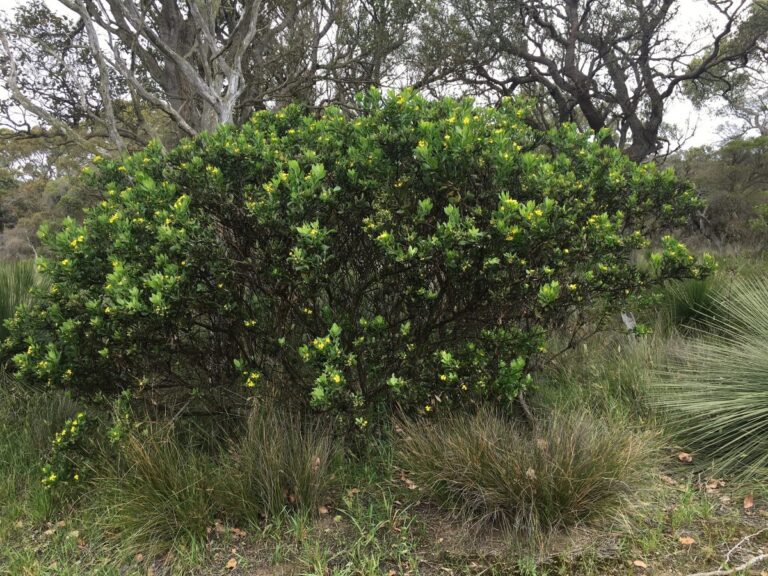6th February 2023 14:50
Victorian Legislative Council, Melbourne
Rachel PAYNE (South-Eastern Metropolitan) (14:50):
I rise to speak to the Biosecurity Legislation Amendment (Incident Response) Bill 2023 on behalf of Legalise Cannabis Victoria. This bill amends the Livestock Disease Control Act 1994, Livestock Management Act 2010 and Plant Biosecurity Act 2010. The intent of this bill is to strengthen our state’s emergency management, traceability and enforcement powers, allowing us to better manage biosecurity risks.
Just last year we saw the importance of strong biosecurity protections when Indonesia responded to widespread detection of foot-and-mouth disease. If these measures had failed, the result would have been catastrophic for local fauna, flora, the connected ecosystems and our economy. 2013 modelling by the Australian Bureau of Agricultural and Resource Economics and Sciences found that a large amount of foot-and-mouth disease in Australia would have had a $50 billion impact over 10 years.
Prior to that, we saw the spread of the varroa mite in New South Wales: a parasite that weakens and kills honey bee colonies. Management of this spread is ongoing, but unfortunately a failed national eradication response has already resulted in the extermination of thousands of honey bees.
Biosecurity risks are very real, and strong protective measures are imperative to protecting our natural environment.
This bill includes such measures: greater information sharing, compensation arrangements and increased powers to respond to biosecurity risks. However, as several of my colleagues have pointed out, concerns have been raised that the increased penalties in this bill could act as a smokescreen to crack down on those who seek to expose animal suffering and inhumane practices. This form of activism is not without controversy,
but the right to protest is essential for our democracy.
Protests of this kind have highlighted the abhorrent mistreatment of animals where government have either failed to intervene or failed to ensure compliance. We saw this with sow stalls – narrow pens used for pigs that are not even wide enough for them to turn around in. The Australian pig industry committed to phasing these out by 2017, bringing us in line with the UK, Switzerland, New Zealand, Austria and Sweden.
Yet footage later taken by animal activists purported to show sow stalls in use at multiple Victorian piggeries, with it being alleged that some were being used for multiple weeks. We are concerned that this bill imposes significant financial penalties on those who just want to shed a light on inhumane practices and advocate for a better life for these animals.
With this in mind, we will be supporting the amendments by the Greens to remove the clauses in this bill that seek to increase these penalties.
But to return to the central purpose of this bill, these are very important reforms that will ensure that we can respond quickly and efficiently to biosecurity risks as they arise. Accordingly, we will be supporting this bill, recognising the important purpose that it serves.
[ENDS]





